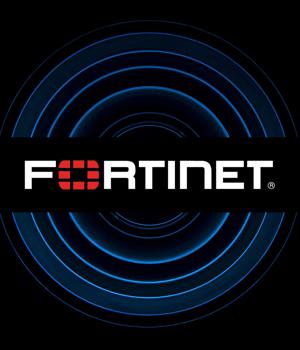Security News > 2023 > February > Fortinet plugs critical security hole in FortiNAC, with a PoC incoming (CVE-2022-39952)

Fortinet has dropped fixes for 40 vulnerabilities in a variety of its products, including two critical vulnerabilities affecting its FortiNAC and FortiWeb solutions.
Since cyberattackers love to exploit vulnerabilities in Fortinet enterprise solutions and a PoC exploit for CVE-2022-39952 is expected to be released soon, admins are advised to get a move on patching.
It has been fixed in FortiNAC version 9.4.1 or above, 9.2.6 or above, 9.1.8 or above, and 7.2.0 or above.
It has been fixed in FortiWeb version 7.0.0 or above, 6.3.17 or above, 6.2.7 or above, 6.1.3 or above, and 6.0.8 or above.
Both vulnerabilities have been unarthed by members of the Fortinet Product Security team, but the company did not mention why it took so long to push fixes for the latter.
Most of the remaining fixed vulnerabilities have also been found by Fortinet employees, which points to a concerted internal push to pinpoint and fix security weaknesses in the company's products.
News URL
https://www.helpnetsecurity.com/2023/02/20/cve-2022-39952/
Related news
- Still Using an Older Version of iOS or iPadOS? Update Now to Patch These Critical Security Vulnerabilities (source)
- Fortinet Urges FortiSwitch Upgrades to Patch Critical Admin Password Change Flaw (source)
- PoC exploit for critical Erlang/OTP SSH bug is public (CVE-2025-32433) (source)
- Critical Commvault RCE vulnerability fixed, PoC available (CVE-2025-34028) (source)
- Majority of Browser Extensions Pose Critical Security Risk, A New Report Reveals (source)
- Fortinet fixes critical zero-day exploited in FortiVoice attacks (source)
Related Vulnerability
| DATE | CVE | VULNERABILITY TITLE | RISK |
|---|---|---|---|
| 2023-02-16 | CVE-2022-39952 | Exposure of Resource to Wrong Sphere vulnerability in Fortinet Fortinac A external control of file name or path in Fortinet FortiNAC versions 9.4.0, 9.2.0 through 9.2.5, 9.1.0 through 9.1.7, 8.8.0 through 8.8.11, 8.7.0 through 8.7.6, 8.6.0 through 8.6.5, 8.5.0 through 8.5.4, 8.3.7 may allow an unauthenticated attacker to execute unauthorized code or commands via specifically crafted HTTP request. | 9.8 |